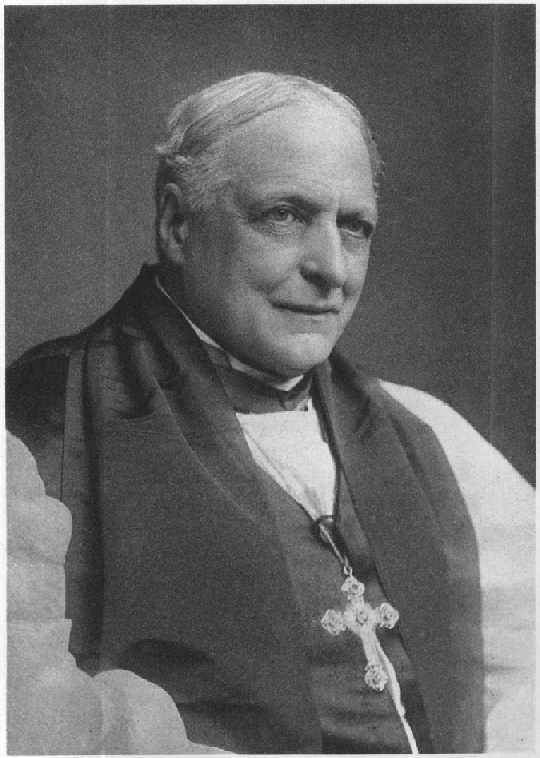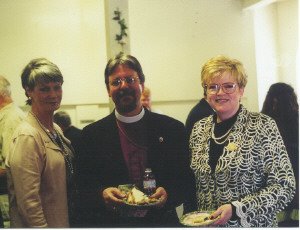Bp. Grafton on Orthodox-Anglican Reunion

As certain Continuing Anglicans continue to indulge the fancy that discussions with Rome will somehow result in their being allowed to maintain Anglican traditions without absorption into the Papacy, they may want to heed the words of their heroes, Bp. Charles C. Grafton of Fond du Lac, Wisconsin. He, a lifelong Anglo-Catholic, experienced the bitter disappointment of watching similar dreams of unity with Rome dissolve, and he wrote:
But while this is so, there are brightening prospects in the East. Thither, it would seem, God's providence is directing us. The venerable orthodox Russian and Greek Church is turning to us with friendly expressions of interest. She says, "We do not ask you, as Rome does, to 'submit' we only ask, 'Do you hold the same Catholic faith we have inherited from the Fathers?' If you do this, we are brothers." When we consider that the East has been but little affected by the schoolmen, and had not to pass through the convulsions of a Reformation, and has for nine hundred years borne consistent witness for the faith once delivered, and against Roman errors, Anglicans should be willing to free themselves from their prejudices and somewhat self-conceit, and listen to her kindly words.
The Church, indwelt by Christ, guided by the Holy Spirit, is a living organism, and we may trust the Voice of God speaking through her before she was rent into Eastern and Western divisions. The Voice of God speaking to the churches is not confined, as some Anglicans seem to think, to any particular centuries. But in the seven Ecumenical councils we have the Voice of the Spirit and in the seven holy mysteries, the means of grace.
The question presenting the most difficulty has to do with the Filioque. There is no difference in belief between the Anglican communion and the venerable East on the doctrine of the Filioque, but without Ecumenical consent it has no right to be in the Creed.
May God inspire the wise men of the Church to solve the difficulty. Each church in the case of restored intercommunion would retain its own independent government and liturgy. Anglicans and Easterns must be content with agreement in the ancient faith,--not in the uniformity of its outward expression. While the faith is unchangeable, the Church, as the bride of Christ, has been led to follow her Lord's life, and sometimes has been more absorbed in devotion to His incarnation, sometimes to His passion. The faith abides from age to age; but ceremonies and practices of devotion are the fresh outcome of the Church's love. The East and the West have their own ceremonial traditions, and the differences existing should not hinder the restoration of Christian recognition and fellowship.
Bp. Grafton is not necessarily a hero of mine; he did not respect the Russian Church when it took in Fr. Joseph Rene Vilatte (after Vilatte abandoned Utrecht and Grafton but before he abandoned us and the "Jacobites"). Nor do I agree with all he had to say. But he had been down this road before, and his words above may prove a guidepost for Anglo-Catholics on the journey today.

